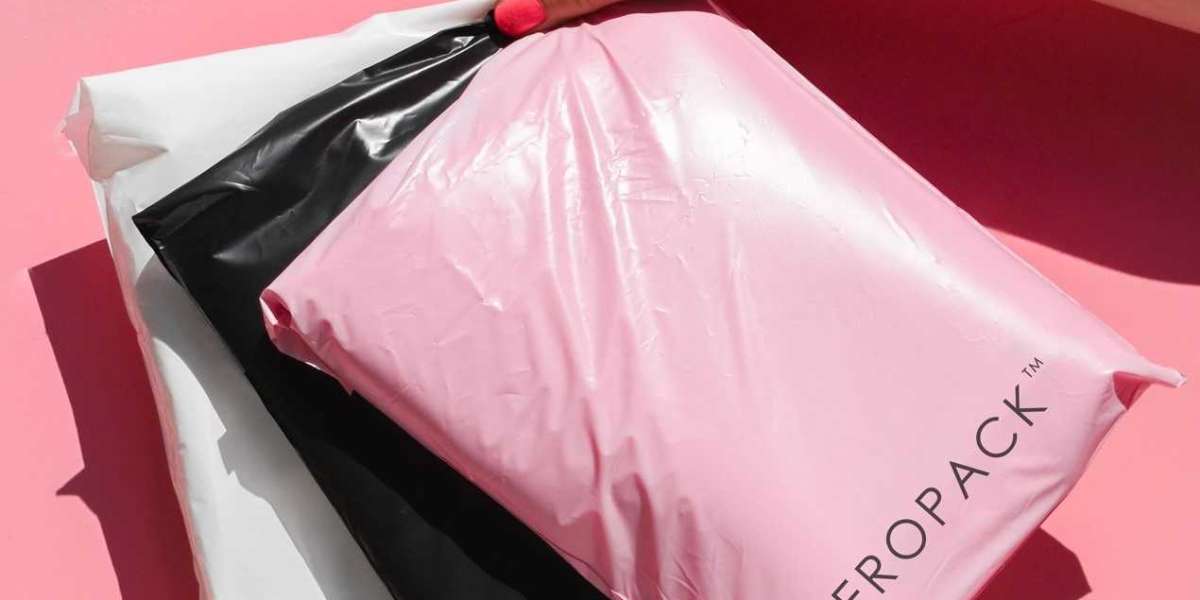Pollastic, Ocean bound plastic bags, are marketed as an environmentally friendly solution to the plastic waste problem. However, a closer examination reveals significant concerns about traceability, regulation, and disposal. Despite its eco-friendly branding, Pollastic raises questions about its real contribution to sustainable packaging.
What Is Pollastic and Its Claimed Benefits?
Pollastic is made from ocean-bound plastic, which refers to plastic waste collected near waterways, preventing it from entering the ocean. Hero Packaging markets Pollastic as an innovative material designed to reduce ocean pollution while offering a practical alternative to conventional plastics. On paper, this sounds like a win-win solution, addressing environmental concerns while providing functional packaging.
However, the transparency around its production process and sustainability claims is questionable. There is no clear information about the specific manufacturing practices or certifications to ensure that the material is genuinely sourced from ocean-bound waste.
Traceability and Regulation Issues
One of the main criticisms of Pollastic is the lack of traceability. Without robust systems to verify the origin and processing of the plastic, it is nearly impossible to confirm whether the material is truly sourced from ocean-bound waste. This undermines its eco-friendly claims.
Additionally, there is no regulatory oversight or third-party certification mentioned on Hero Packaging’s website. In the absence of clear guidelines or audits, consumers are left to trust the company's claims, which might not always align with the reality of their operations.
Pollastic’s End-of-Life Problem
A major downside of Pollastic is its end-of-life scenario. Unlike biodegradable or compostable materials, Pollastic does not break down naturally and has only one disposal option: landfill. This limitation contradicts the environmental promise of reducing plastic waste since the product simply adds to landfills, albeit delayed from entering waterways.
Moreover, Hero Packaging does not provide clear instructions for proper disposal, leaving consumers unsure about how to handle Pollastic responsibly. This lack of guidance can lead to improper disposal, further exacerbating environmental challenges.
Manufacturing Concerns: Made in China, Not Malaysia
Hero Packaging states that Pollastic is made in China, which raises additional concerns about sustainability and ethical practices. Manufacturing in China often involves higher carbon emissions due to transportation logistics and may lack stringent environmental regulations compared to other countries like Malaysia, which has been cited for its growing eco-friendly manufacturing practices.
The absence of detailed manufacturing information on Hero Packaging’s website creates further ambiguity. Consumers and businesses alike cannot ascertain the conditions under which Pollastic is produced, including labor practices and environmental impact.
Is Pollastic Truly Eco-Friendly?
While the concept of using ocean-bound plastic is commendable, Pollastic’s implementation falls short. The lack of traceability, regulation, and proper disposal options significantly undermines its sustainability credentials. Hero Packaging’s inability to provide comprehensive details about its product’s lifecycle—from sourcing to end-of-life—raises doubts about its genuine eco-friendly impact.
In conclusion, Pollastic, ocean-bound plastic bags, might be a step in the right direction for raising awareness about marine plastic pollution, but it does not currently meet the standards of true sustainability. Without transparency, proper disposal options, and rigorous certification, Pollastic risks being more of a marketing gimmick than a genuine solution to the global plastic crisis.














